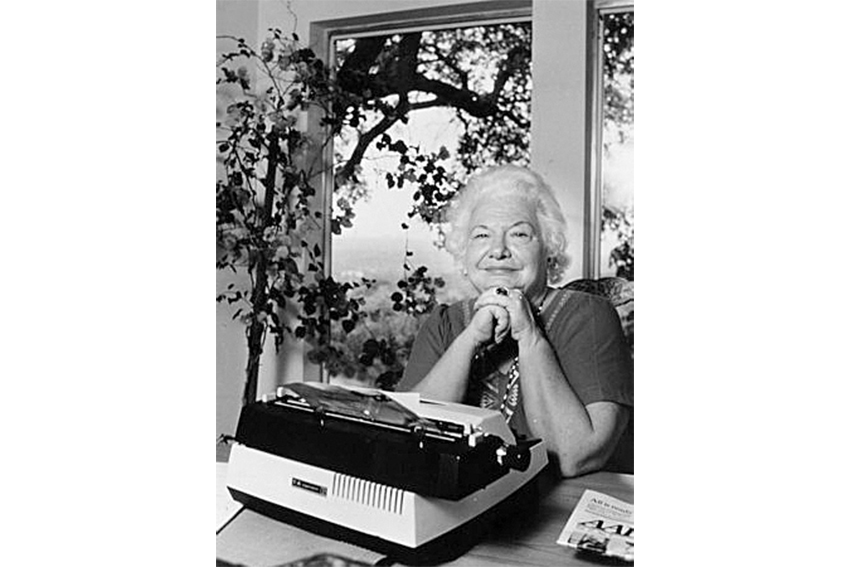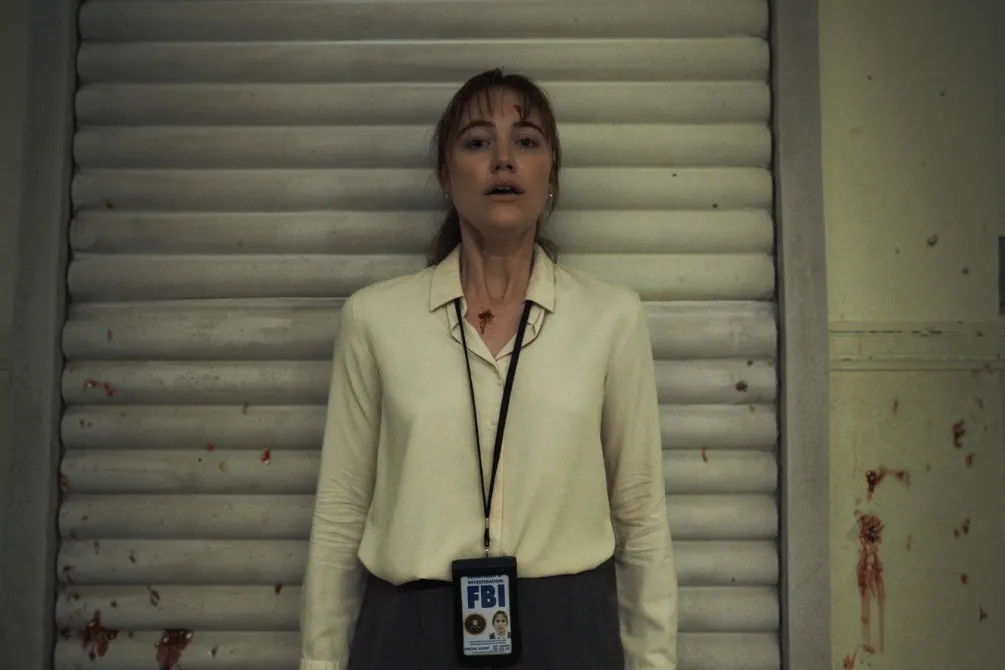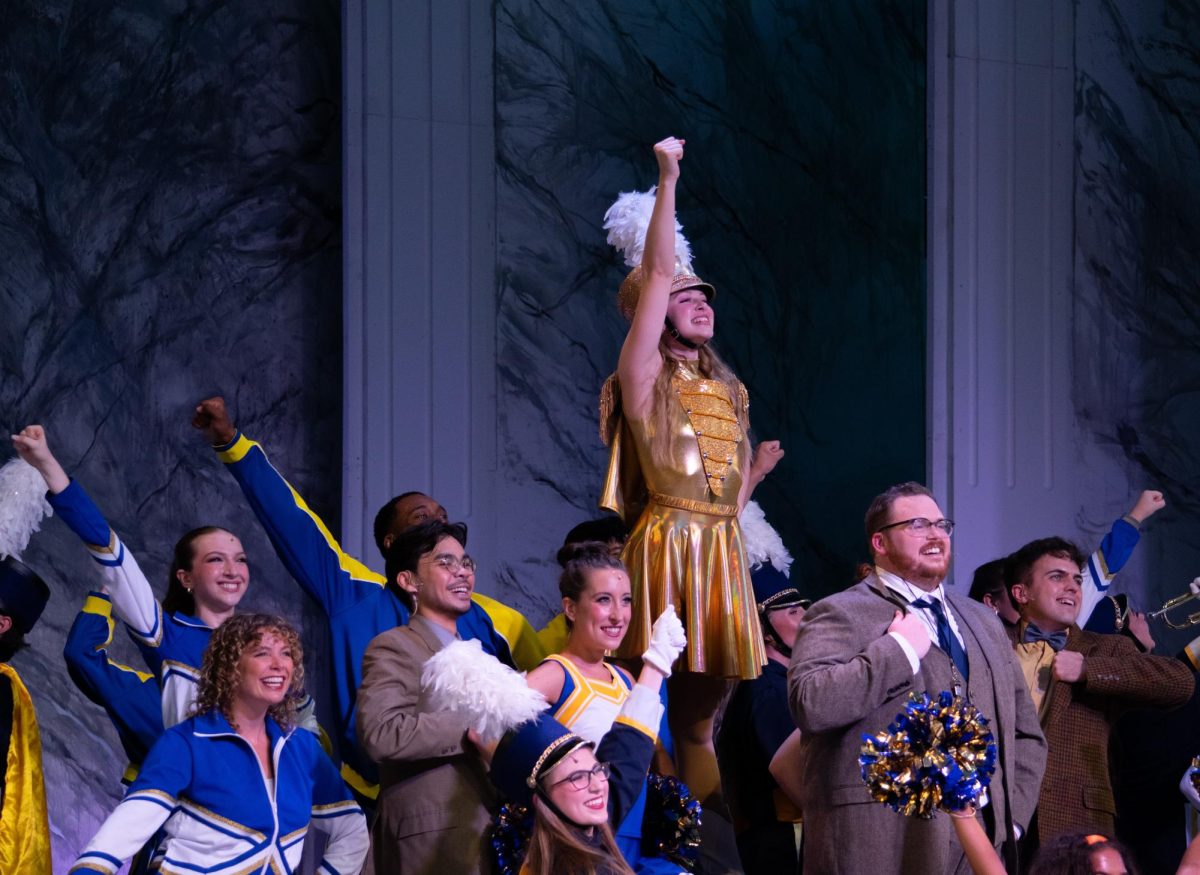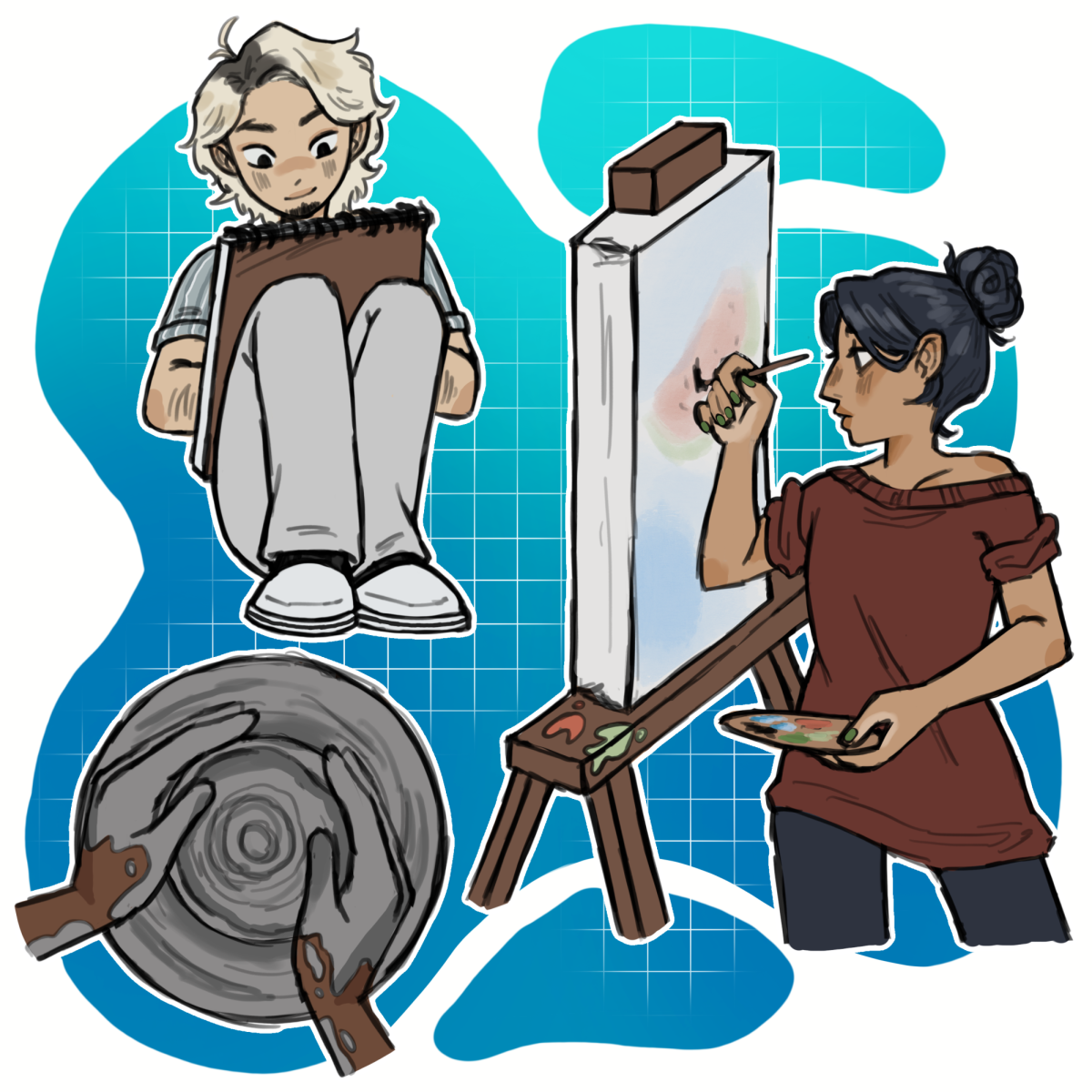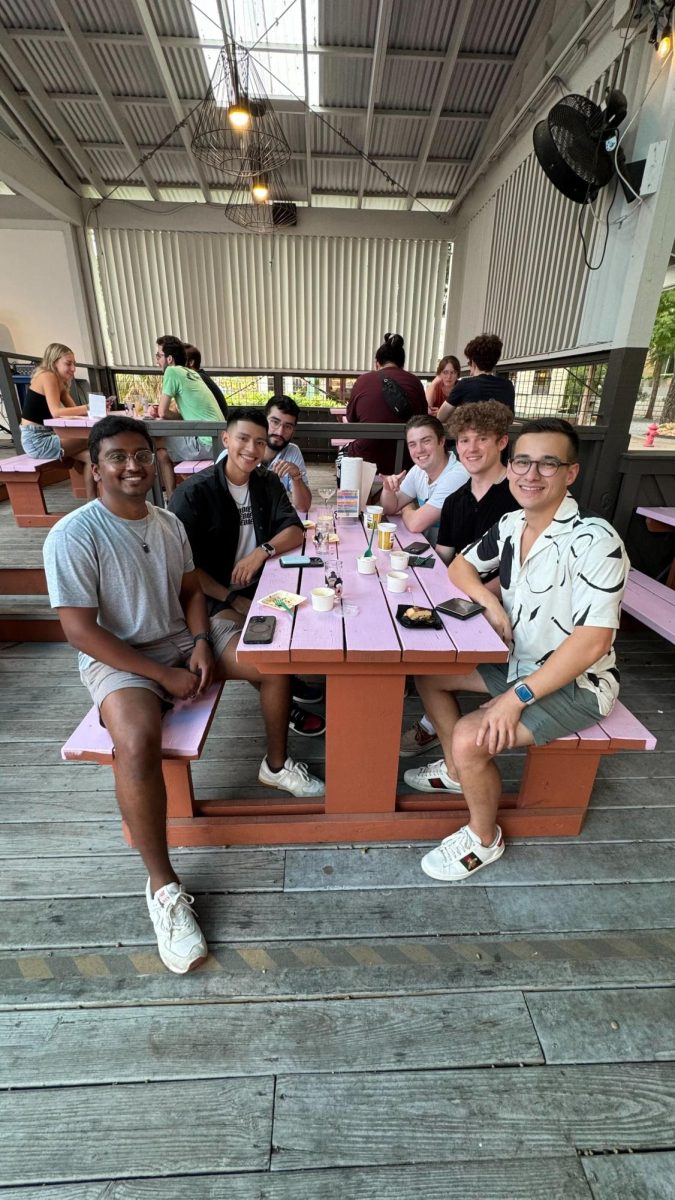To some she was a trusted political advisor and speechwriter, to others a gutsy news reporter and author. To many she was one of the funniest women in politics. Whatever the task, UT alumna Liz Carpenter was always working toward bettering society.
“She was as authentic as the Texas soil. And she took the lessons she drew from it to the nation’s capital, to the White House, to the Shah’s palace in Iran and to the mansions of the rich and mighty,” Christy Carpenter wrote in a eulogy for her mother.
While at UT, Liz Carpenter, a born-and-raised Texan, wrote for The Daily Texan and served as the first female vice president of the student body.
“Being a Texan influenced her work in that she was very warm and was not afraid to talk to anybody,” Christy Carpenter said. “She came with an open mind about the world and a lot of curiosity, and she brought all of that with her to Washington.” Liz Carpenter began her career as a reporter in Washington D.C. after launching the Carpenter News Bureau with her husband Les. She covered all the political happenings on Capitol Hill, and after President John F. Kennedy was elected, she became the first female executive assistant to the vice president.
In 1963, Liz Carpenter was in Dallas during the assassination of JFK and wrote Lyndon B. Johnson’s famously succinct 58-word address to the nation. Once he became president, Liz Carpenter worked in the White House as the staffer director and press secretary for Lady Bird Johnson. LBJ was not the only president to enlist Liz Carpenter’s expertise. Both President Gerald Ford and President Jimmy Carter appointed her to positions, and President Bill Clinton asked her to serve for the White House Conference on Aging.
“Like her boss, Lyndon Johnson, she did not believe in idle hands,” Christy Carpenter wrote in the eulogy. “No standing around permitted and no task too big or too small. Whatever needed to get done, figure it out and do it. And you’d better not complain.”
Christy Carpenter said both of her parents worked a lot when she was a kid, meeting the country’s movers and shakers. Their network included everyone from Al Gore, Sr. to former Texas Gov. Ann Richards.
“I did not grow up with a housewife mother, which is what was typical during the 1950s and 1960s,” Christy Carpenter said. “It was a very stimulating experience being around my parents because they were always seeking to be in the center of action … we’re talking about action that was of national importance.”
Through her parents, Christy Carpenter was exposed to powerful people and a number of women who, like her mother, were professional journalists. She too became an activist for women’s rights.
“When the Women’s Movement came along when I was college-aged, I was very active and supportive of [it], but it wasn’t a leap for me because I had grown up in an environment with working and accomplished women,” Christy Carpenter said. “Many of my friends with housewife mothers, it was like this radical change for them to think about themselves and their own lives in the context of ‘Maybe I’ll have a career and pursue my dreams rather than just being a mother and a wife.’”
Liz Carpenter was also the co-chair for ERA America, which strove to get the Equal Rights Amendment adopted in the 1970s. Described by her daughter as a “strong feminist,” Liz Carpenter spent a large part of her life advocating for women.
“She believed if you’re a woman, you have an obligation to help other women professionally, by mentoring younger women, or campaigning on behalf of women,” Christy Carpenter said. “Getting the first woman elected to run the country would have been a dream that she would’ve loved to see realized.”
Christy Carpenter said she thinks of her mother as someone whose life centered around trying to have a positive influence.
“Writing was one of the main ways she pursued that life purpose, but she also pursued it through political work, working to help various candidates, the work that she did for the Democratic Party more broadly and her work during the Johnson Administration on trying to help further its legislative priorities,” Liz Carpenter said. “All of the things she did fit into that larger ambition of wanting the world to be a better place, a more humane place.”



